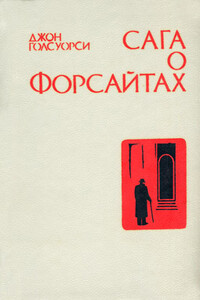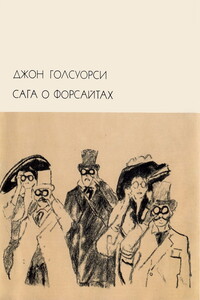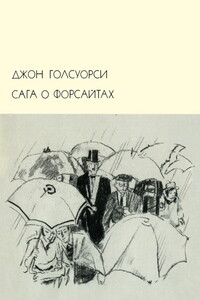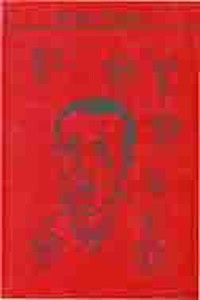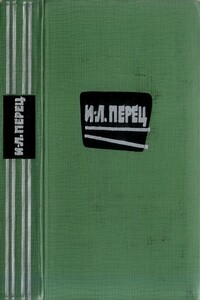|
| Between him and the four other brothers who were present, James, Swithin, Nicholas, and Roger, there was much difference, much similarity. In turn, each of these four brothers was very different from the other, yet they, too, were alike. | Между ним и четырьмя остальными братьями, присутствовавшими здесь, — Джемсом, Суизином, Николасом и Роджером, — была и большая разница, и большое сходство. В свою очередь, каждый из четырёх братьев сильно отличался от остальных, и всё-таки они были очень похожи друг на друга. |
| Through the varying features and expression of those five faces could be marked a certain steadfastness of chin, underlying surface distinctions, marking a racial stamp, too prehistoric to trace, too remote and permanent to discuss—the very hall-mark and guarantee of the family fortunes. | За разнообразием черт и выражений этих пяти лиц можно было подметить твёрдость подбородка как основу, поверх которой обозначались лишь несущественные отличия, как печать рода, слишком древнюю, чтобы можно было проследить её возникновение, слишком знакомую и привычную, чтобы вдаваться в споры о ней, — истинную пробу и залог благосостояния семьи. |
| Among the younger generation, in the tall, bull-like George, in pallid strenuous Archibald, in young Nicholas with his sweet and tentative obstinacy, in the grave and foppishly determined Eustace, there was this same stamp-less meaningful perhaps, but unmistakable—a sign of something ineradicable in the family soul. | Младшее поколение: рослый, массивный Джордж, бледный, подвижной Арчибальд, молодой Николас с его мягкой, неназойливой настойчивостью, напыщенный, фатоватый Юстас — все были отмечены этой печатью, может быть, менее явной, но столь же бесспорной и свидетельствующей о том, что было неискоренимо в самом духе семьи. |
| At one time or another during the afternoon, all these faces, so dissimilar and so alike, had worn an expression of distrust, the object of which was undoubtedly the man whose acquaintance they were thus assembled to make. | Несколько раз на всех этих лицах, столь различных и столь схожих между собой, появлялось в тот день выражение недоверия, и объектом этого недоверия несомненно был человек, ради знакомства с которым они собрались здесь. |
| Philip Bosinney was known to be a young man without fortune, but Forsyte girls had become engaged to such before, and had actually married them. It was not altogether for this reason, therefore, that the minds of the Forsytes misgave them. They could not have explained the origin of a misgiving obscured by the mist of family gossip. A story was undoubtedly told that he had paid his duty call to Aunts Ann, Juley, and Hester, in a soft grey hat—a soft grey hat, not even a new one—a dusty thing with a shapeless crown. "So, extraordinary, my dear-so odd," Aunt Hester, passing through the little, dark hall (she was rather short-sighted), had tried to 'shoo' it off a chair, taking it for a strange, disreputable cat-Tommy had such disgraceful friends! She was disturbed when it did not move. | Всем им было известно, что Филипп Босини — молодой человек без всякого состояния, но девушки из семьи Форсайтов и раньше обручались с такими людьми и даже выходили за них замуж. Значит, не это обстоятельство служило главным поводом для недоверия Форсайтов. Они не смогли бы объяснить, откуда взялась эта неприязнь, причины которой терялись где-то в тумане семейных пересудов. Во всяком случае, рассказывалась такая история, будто бы он явился с официальным визитом к тётям Энн, Джули и Эстер в мягкой серой шляпе, к тому же далеко не новой и какой-то бесформенной и пыльной. «Так странно, милочка, такая экстравагантность!» Тётя Эстер (очень близорукая), проходя через маленький неосвещённый холл, хотела согнать шляпу со стула, приняв её за бродячую кошку, — Томми заводил себе таких сомнительных друзей! Она была сильно озадачена, когда «кошка» не двинулась с места. |
| Like an artist for ever seeking to discover the significant trifle which embodies the whole character of a scene, or place, or person, so those unconscious artists—the Forsytes had fastened by intuition on this hat; it was their significant trifle, the detail in which was embedded the meaning of the whole matter; for each had asked himself: "Come, now, should I have paid that visit in that hat?" and each had answered "No!" and some, with more imagination than others, had added: "It would never have come into my head!" |


